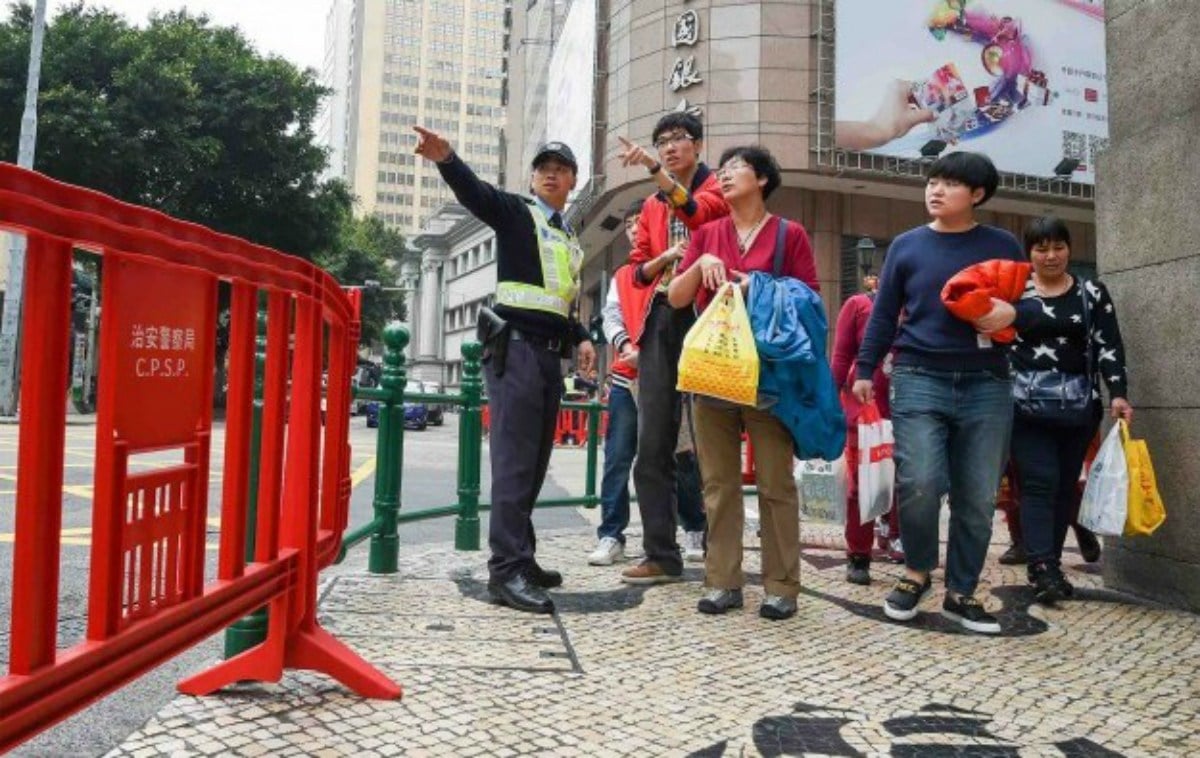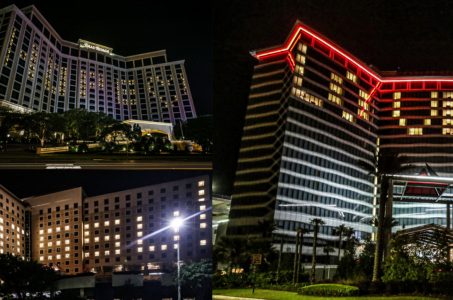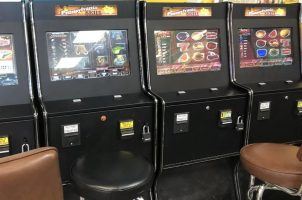Macau Visitors Gambling and Spending Less, Mainlanders Especially Tighten Wallets
Posted on: November 20, 2019, 01:00h.
Last updated on: November 19, 2019, 03:20h.
Macau visitors are keeping their wallets closed while vacationing in the casino hub.

Data supplied by the Macau Statistics and Census Service (DSEC) reveals visitor arrivals are up 17 percent through three quarters of 2019. More than 30.2 million non-residents have ventured to the Chinese Special Administrative Region January through September.
But statistics issued this week reveal those guests aren’t nearly spending and gambling at previous rates incurred in earlier years. The DSEC says total non-gaming spending by visitors totaled MOP15.19 billion ($1.88 billion) in the third quarter – a 17.2 percent year-over-year decrease.
Q1-Q3 non-gaming visitor spend is down nearly seven percent at $5.93 billion. The DSEC adds that per capita spending of visitors is $190.11 – a 25 percent decline.
Casino gross gaming revenue is down 1.8 percent through 10 months in 2019. The floors have collectively won $30.56 billion through October.
Same-Day Traffic
Macau is experiencing a boom in mass market travel. Long gone are the days of the enclave being first and foremost a VIP high roller destination.
Last year’s opening of the Hong Kong-Zhuhai-Macau bridge made Macau much more accessible to the general population. Same-day visitor numbers have skyrocketed in 2019, up 30.6 percent through three quarters.
Of the 30.2 million total visitors, 20.1 million have arrived via a border gate or the bridge. And more than 12 million of those travelers left Macau the same day they arrived.
The average length of stay for visitors is down slightly to 1.2 days. Hotel occupancy is flat at 90.8 percent, but there are 0.6 percent fewer hotel rooms available in 2019.
The casino hub is dominated by luxury resorts offering 24,547 five-star hotel rooms. More than 5.9 million guests stayed in the rooms.
ECONOMIC UNEASE
China’s economy remains turbulent because of the country’s ongoing trade war with the US. The renminbi is decreasing in value, and the People’s Republic is experiencing its slowest growth in nearly three decades.
As a result, those who are traveling to Macau aren’t spending lavishly.
Mainland China accounts for nearly 75 percent of all visitor arrivals to the SAR. And in the third quarter, per capita spend from that group plummeted 26.7 percent.
US President Donald Trump and China President Xi Jinping were said to be close in reaching a so-called “phase one” solution to their trade negotiations. That would deliver some sense of calm to mainland residents.
However, CNBC Beijing Bureau Chief Eunice Yoon tweeted this week, “Mood in Beijing about trade deal is pessimistic, government source tells me. China troubled after Trump said no tariff rollback. (China thought both had agreed in principle). Strategy now to talk but wait due to impeachment, US election. Also prioritize China economic support.”
Analysts at Goldman Sachs believe an “extended truce” is still in the works, and that economic growth will return in 2020.
Related News Articles
AGA Gaming Industry Study Shows Charitable Giving, Diversity as Major Tenets
Most Popular
Mirage Las Vegas Demolition to Start Next Week, Atrium a Goner
Where All the Mirage Relics Will Go
Most Commented
-
Bally’s Facing Five Months of Daily Demolition for Chicago Casino
— June 18, 2024 — 12 Comments
















No comments yet